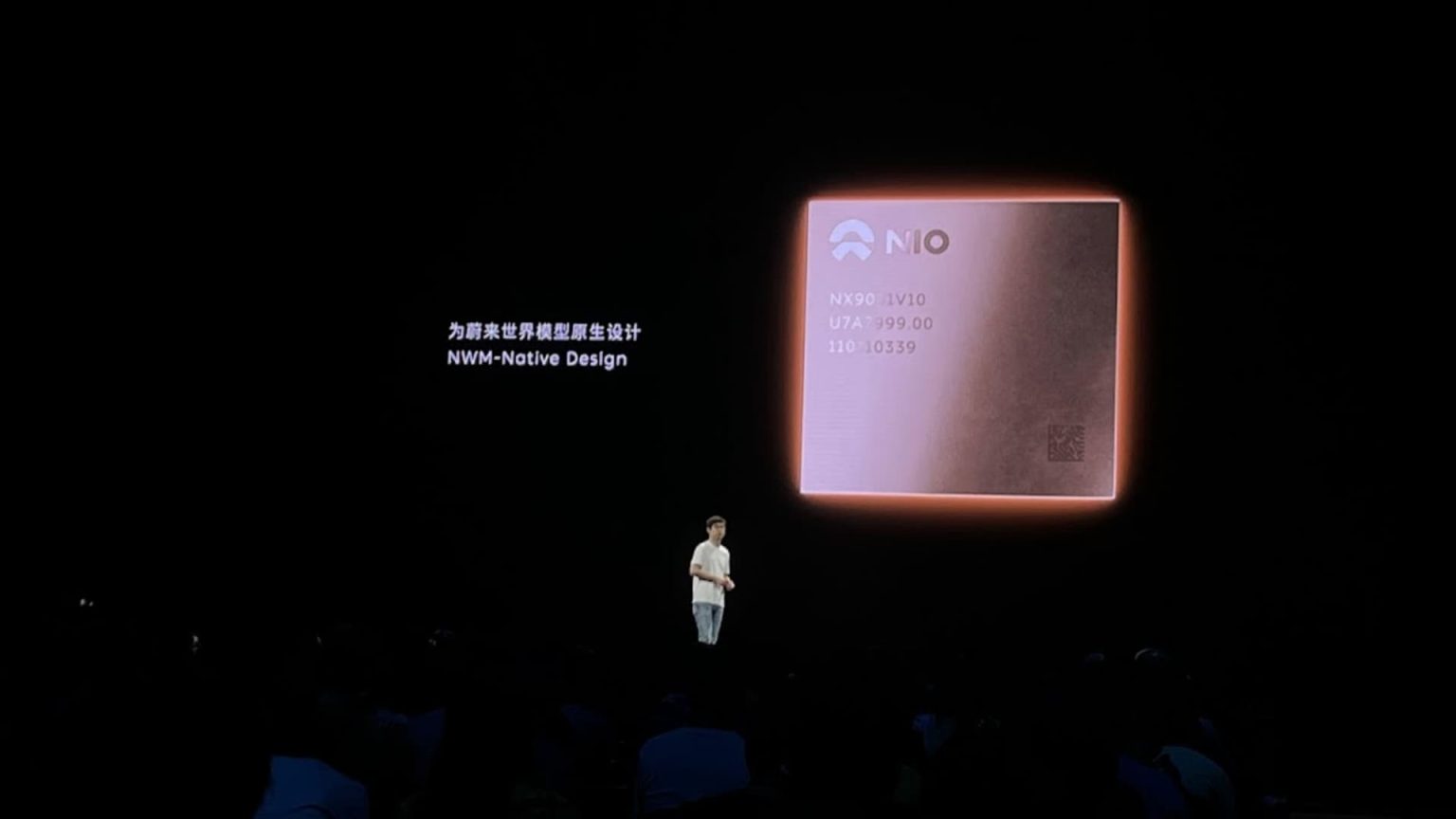Chinese electric vehicle companies are upping their game in response to the intense price war in the market by focusing on developing their own chip-powered tech features. Major players like Nio and Xpeng have announced their in-house designed auto chips ready for production, aiming to differentiate their products from competitors who rely on Nvidia chips. By designing their own chips, Chinese automakers can customize features and reduce supply chain risks from geopolitical tensions. Traditional automakers are expected to continue using Nvidia and Qualcomm chips, while startups and Tesla may compete on developing their own chips for advanced driver-assist functions.
Nio recently announced the completion of an automotive-grade chip, the NX9031, utilizing 5 nanometer production technology, marking a breakthrough for the Chinese automotive industry. Xpeng, on the other hand, did not disclose the nanometer technology used for its Turing chip. These advancements in chip development are seen as critical for the next phase in electric car development, focusing on smart connected vehicles. Chinese companies are recognizing the importance of semiconductors, like BYD’s founder, Wang Chuanfu, who mentioned the significance of chips for the industry at a recent press conference. Chinese automakers are increasingly turning to in-house chip development to stay ahead in the market.
As electric cars continue to gain traction in China, new standards for automotive technology are being established, including advancements like using a smartphone app as a digital key to unlock car doors. The Car Connectivity Consortium, based in California, is working on these upcoming standards, with a quarter of its members based in China, including Nio, BYD, Zeekr, and Huawei. The goal is to enable drivers to securely connect their smartphones to their cars, creating a seamless digital car key experience. This technology is becoming more widespread and accessible, with various global players and Chinese automakers contributing to its development.
While Nvidia chips have been a popular choice for Chinese electric car manufacturers, the focus is shifting towards in-house chip development to enhance driver-assist functions and other tech features. By customizing their own chips, automakers can differentiate their products, reduce supply chain risks, and potentially lead in the market. Chinese companies like Nio and Xpeng are at the forefront of this trend, with advancements in chip technology pointing towards the future of smart connected vehicles. Government incentives and industry collaboration are also contributing to the establishment of new standards in automotive technology, enabling a more seamless and secure experience for drivers.
With the increasing demand for electric vehicles in China, the focus is shifting towards developing advanced tech features like driver-assist functions, made possible through in-house chip development. The move towards creating customized chips allows Chinese automakers to differentiate their products and stay competitive in the market. This shift in focus mirrors the overall trend towards smart connected vehicles, with advancements like smartphone-based digital keys becoming more prevalent. Industry collaboration and government incentives are driving the development of new standards in automotive technology, shaping the future of electric vehicles in China and globally.













